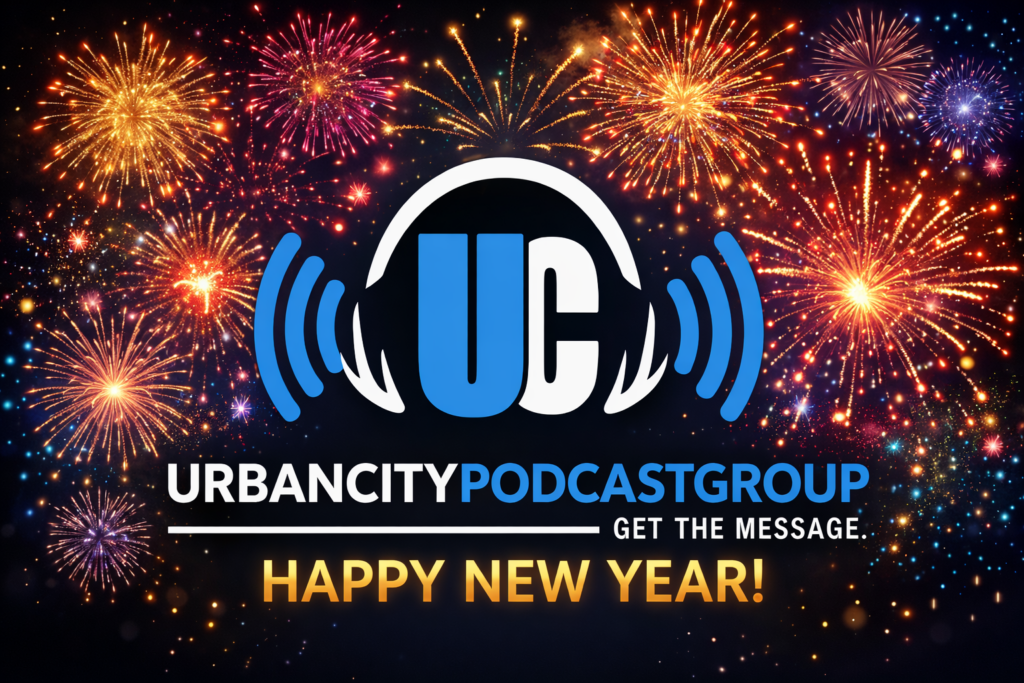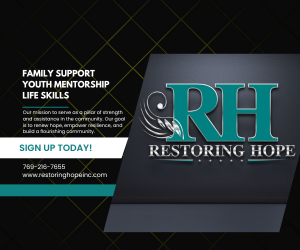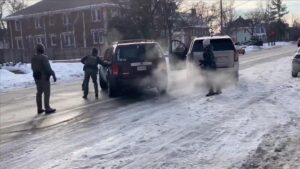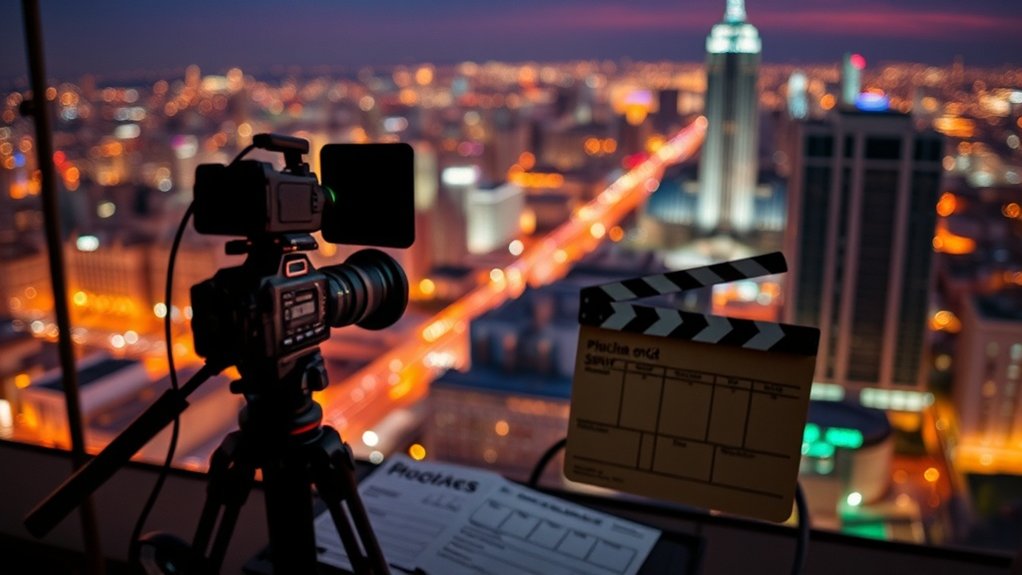Key Takeaways
- The Flint water crisis highlighted the environmental injustices impacting urban communities.
- Vulnerable groups, particularly Black and Latino residents, face unique challenges related to climate equity, as they endure disproportionate pollution, lack of green spaces, and systemic inequities.
- Understanding these dynamics is crucial for advocating fairer policies and empowering communities.
Interconnections Between Environmental Justice and Social Progress
Think about the Flint water crisis and how it showcased environmental injustice impacting urban communities.
Ready to explore how these issues intertwine with social progress?
Addressing Urban Environmental Injustices
Understanding these issues empowers you to advocate for fair policies. Recognize how historical injustices still impact your community. Use this knowledge to drive positive change and encourage others in your circle. Formerly redlined neighborhoods exhibited higher pollution burdens and faced more environmental hazards, underscoring the long-lasting effects of systemic discrimination. By nurturing community awareness and environmental responsibility, you can transform neighborhoods into healthier, thriving spaces.
Climate Equity for Vulnerable Urban Populations
When you think about the communities most affected by climate change, pay attention to urban areas where Black and Latino populations face a bigger climate risk. Their community health is challenged by greater exposure to extreme heat and structural inequities in urban planning.
You see:
- Higher Vulnerability Scores: Black and Latino areas often rank above average on climate risk indexes.
- Resource Allocation Inequities: Disparities in planning leave minority neighborhoods with fewer green spaces and cooling infrastructure.
- Exacerbated Health Issues: Pre-existing conditions like asthma worsen with climate stressors.
- Limited Adaptation Resources: Language and economic barriers restrict access to necessary climate resources.
These environmental challenges exacerbate existing wealth disparities by compounding the economic and social stressors faced by these communities. Understanding these issues is essential to addressing climate equity.
To create change, advocate for better resource distribution and inclusive urban planning.
Navigating Green Gentrification and Community Resilience
Though it seems like a welcome change to add more green spaces in cities, it can spark a troubling effect called green gentrification. This process involves the addition of green infrastructure, like parks, which can lead to green displacement. You may witness rising rent prices and the ousting of long-time residents from their neighborhoods.
Urban planning often highlights environmental benefits but misses the mark on addressing the economic pressures these projects impose. Communities traditionally ignored now face systemic pressures, from real estate investments to rapid development, causing drastic shifts.
Neglect of local elections can compound these challenges as it allows critical decisions to be made by a small, unrepresentative group, often overlooking the needs of marginalized communities.
To promote community resilience, it’s imperative for planners to collaborate with residents and enact anti-displacement policies. Your voice matters in urban planning, ensuring green projects uplift without uprooting.
Let’s strive for inclusive, vibrant neighborhoods.
Assessment
Guess what? You can actually transform your neighborhood! When you push for fairer policies and more green spaces, it’s not just about making things look prettier out there.
It’s about boosting community health and resilience. And here’s the cool part; by uplifting your environment, you’re also empowering your community.
Your voice? Oh, it totally matters. Use it to rally for climate equity and break that pesky cycle of vulnerability. Imagine the power of joining forces. Turning challenges into opportunities.
Together, you’re not just inspiring change; you’re a vital part of it!



















